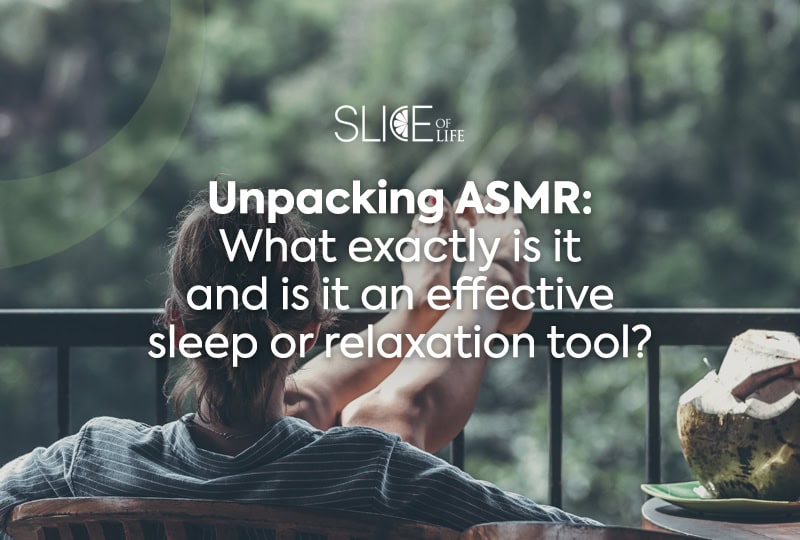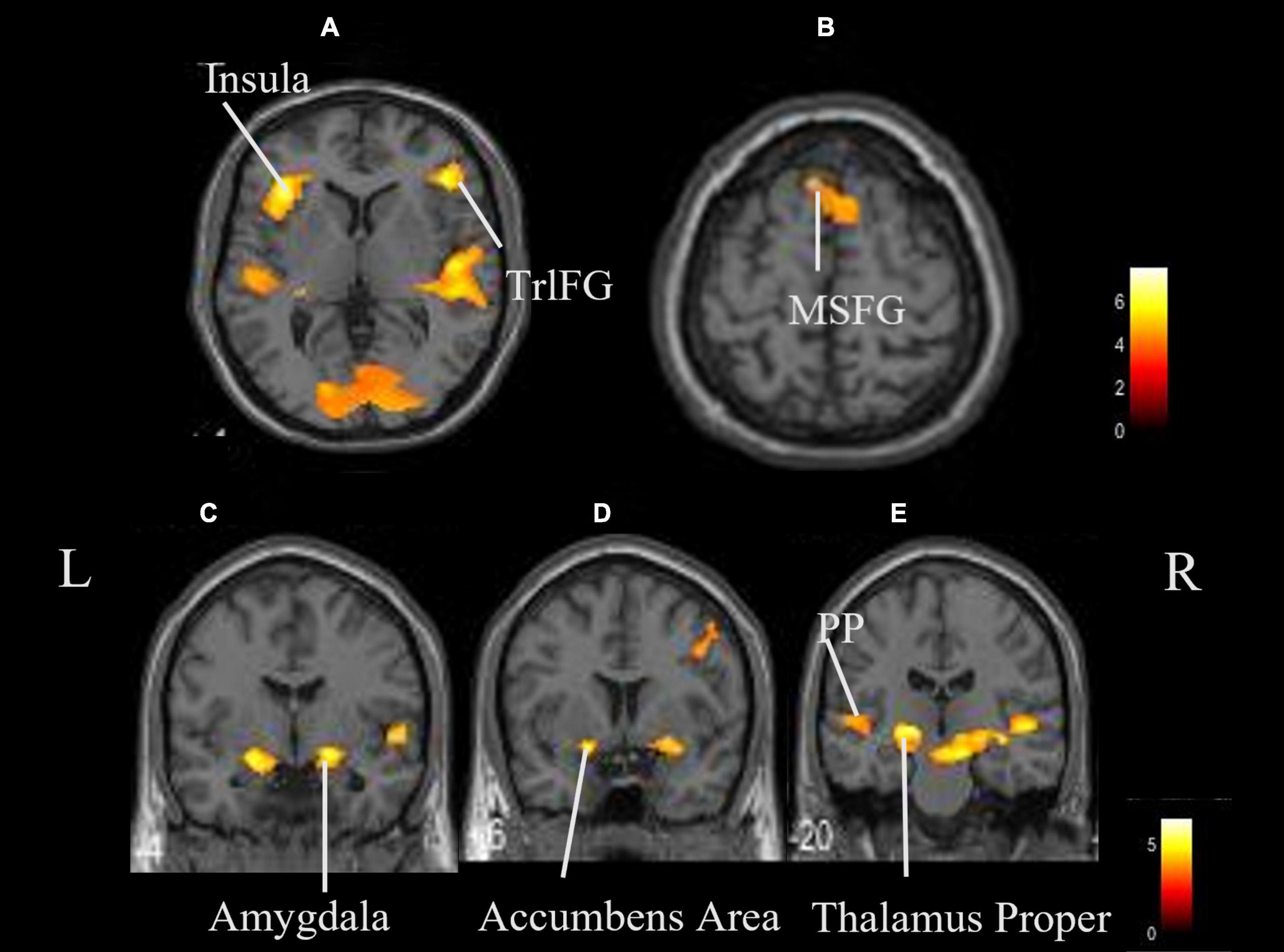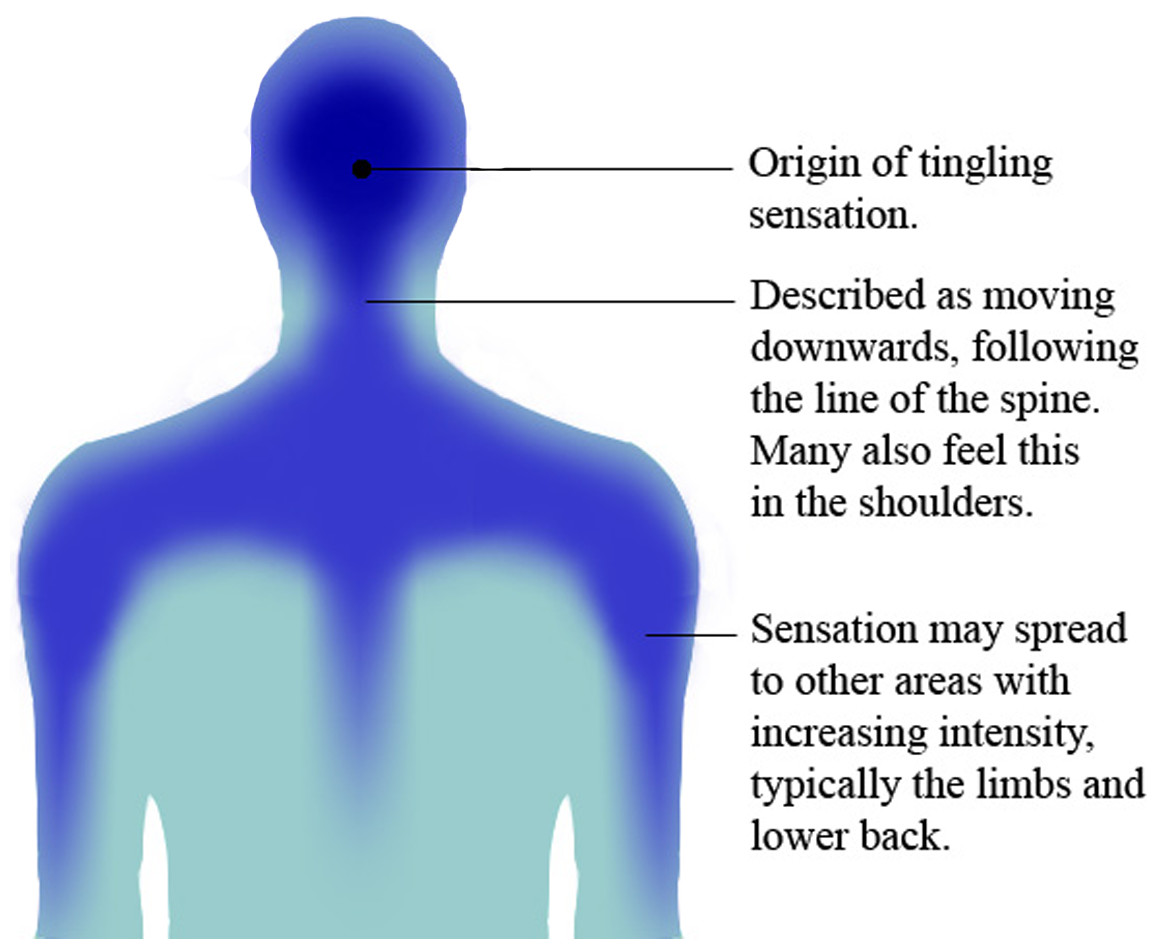
ASMR: Relaxation or Irritation? - Neuroscience News
ASMR, a phenomenon enjoyed by many for its calming effects, has been scientifically shown to positively alter mood and physiological responses like heart rate and blood pressure in 25-30% of people.
Neuroscience News provides research news for neuroscience, neurology, psychology, AI, brain science, mental health, robotics and cognitive sciences.

Unpacking ASMR: What exactly is it, and is it an effective sleep or relaxation tool? – Living at Life University

Neuroscience News on LinkedIn: Social Participation Paves the Way for Successful Aging - Neuroscience News

Neuroscience News on LinkedIn: Did Gonorrhea Give Us Grandparents? - Neuroscience News

Neuroscience News on LinkedIn: Sensing Signals in Paralyzed Muscles - Neuroscience News

Neuroscience News

Neuroscience News on LinkedIn: Liver-Brain Axis Plays Key Role in Alzheimer's - Neuroscience News

Neuroscience News on LinkedIn: #parkinsons #neuroscience #science

Frontiers Induction of Relaxation by Autonomous Sensory Meridian Response

Neuroscience News on LinkedIn: Corpus Callosum Found to Switch off Right Hemisphere During Speech -…

Autonomous Sensory Meridian Response (ASMR): a flow-like mental state [PeerJ]








